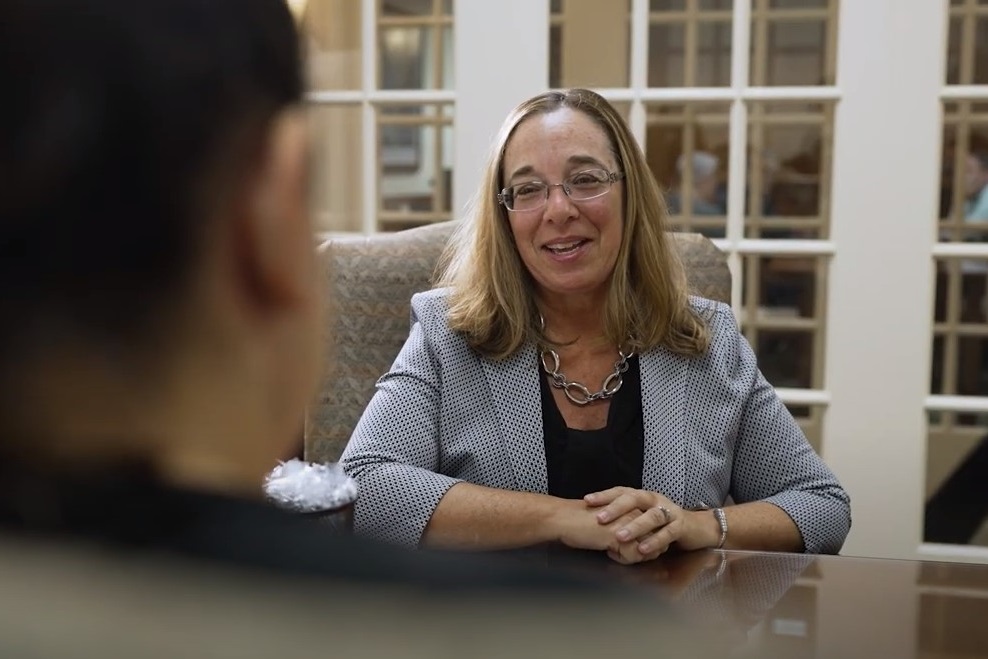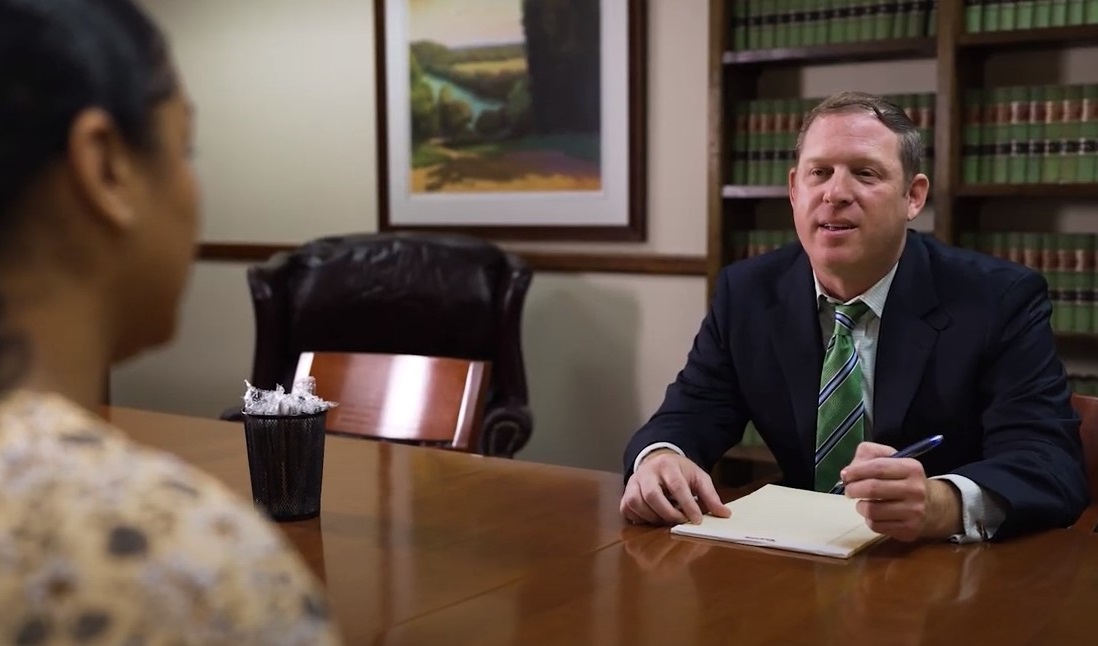Tax & Estate Planning
What is Guardianship?

Guardianship is a topic often discussed when families are preparing an estate plan. Although many people are familiar with the topic, they may not fully understand all the complex details surrounding guardianship.
Guardianship is a legal relationship that entitles an appointed person (the guardian) to make legal decisions for another person regarding health and lifestyle. It can also be used for either minor children or elderly or incapacitated individuals.
Guardianship of a Minor
For minors, guardianship is the process of a court appointing an adult guardian to care for a minor who is not the child of the adult. This usually occurs if the following has happened:
-
- the minor’s parents have abandoned them
- the minor’s parents have died
- the minor’s parents have become incapable of caring for the child
As a legal guardian, the appointed adult may have physical custody or may act as a financial guardian for the minor. A court establishes guardianship based on the best interests of the child. This can involve a number of factors including, the child’s preference, the child’s upbringing, stability in the child’s life and the relationship of the child’s parents with the proposed guardian.
Guardianship of an Adult
In certain situations where an individual has become incapacitated to make their own decisions, courts may appoint guardians to protect the interests of elderly or incapacitated individuals. One thing that is important to keep in mind is once a guardian is chosen for an individual, the individual is then a “ward” of that person and loses many of their individual rights. Many times, it goes hand and hand with a conservatorship.
Under this ruling, the guardian is not allowed to manage finances or legal matters. They are only authorized to make decisions regarding medical care and accommodation. Guardianship differs from power of attorney because the court decides who will speak for you, and is often awarded after a family member files a petition to a Probate court.
The individual in question must then be examined by a licensed physician to determine the mental and physical condition of the individual. The Probate Court will then rule on if the individual is competent to meet the requirements for their health and safety. If the court determines they are not fit to make their own decisions, the court will appoint a guardian. The guardian typically has the same powers and rights as one would have over minor children.
There are two types of guardianship: full and limited. In a full guardianship, the guardian is given the power to make decisions for you about: living arrangements, medical treatment, and legal matters. In a limited guardianship, the guardian is limited to making decisions in one specific area.
An enduring power of guardianship allows you to appoint someone or several people to serve as a guardian regarding personal, lifestyle and medical treatment when and if you become unable to make those decisions yourself. A comprehensive estate plan typically also includes an enduring power of attorney to help alleviate confusion and court involvement.
Contact Davison Eastman Muñoz Paone, P.A. Today
Having a skilled attorney can help you decide what guardianship looks like for your particular situation. Our estate planning attorneys can guide you through this complex process and help you make the best choice. With over 30 years of experience, Davison Eastman Muñoz Paone, P.A. can offer expert guidance to help ensure your legacy is safe.
We have offices in Freehold (Monmouth County), NJ and Toms River (Ocean County), NJ.


YEARS OF
LEGAL EXCELLENCE

ATTORNEYS & STAFF

YEARS RUNNING
BEST LAWYERS®

MATTERS
Legal Questions? Let’s Talk!
We appreciate your interest and welcome any inquiries you may have. If you're seeking further information about our services, we're here to assist you. Feel free to use the provided contact form or reach out to us directly via email or phone. Thank you for considering Davison Eastman Muñoz Paone, P.A., and we look forward to connecting with you soon.

